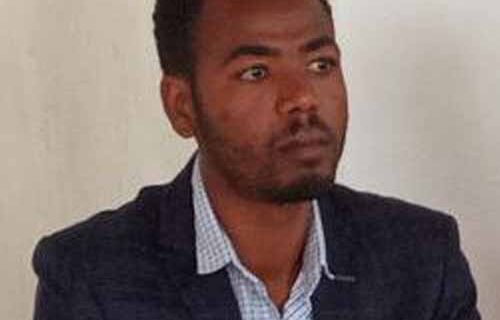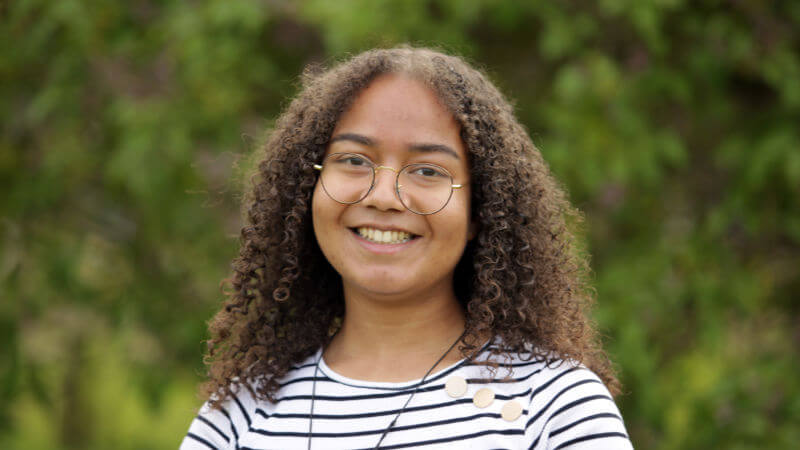
What is your name? What are the main projects or organisations you are currently involved in? Can you briefly present their activity and your function?
My name is Amanuel Samuel. I work in a civil society organization, Gardulla Peoples Development Association (GPDA) based in SNNPR, Ethiopia. GPDA is implementing ‘’agroforestry for sustainable development of people and nature” and supports small scale farmers in soil and water conservation, farm yield productivity, rehabilitation of degraded lands and introducing agroforestry economy for farmers. In this project I am working as a project manager for the last one and half years. Currently we are also working on saving varieties of at least 10 typical legumes and pulses as seed in the mix of old and new adapted varieties.
How is your work or organisation related to legumes?
We have a small garden like 1000 m2 near our office, with different varieties of legumes. Moreover, we also have an 80 hectare agroforestry training center and 16 farmer training centers in different parts of the district with legume farms. We collect those seeds for our seed saving and multiplication for next sowing seasons.

© Amanuel Samuel
What do you think are the biggest challenges, for producers and for consumers?
Currently the biggest challenges for producers are climate change, common diseases of beans, lack of extension services and soil degradation. From consumers’ perspective, the varieties of legumes available in the market are few and/or not in some markets. Farmers are more willing to produce other crops and vegetables that are generating more income in comparison to legumes.
What fact(s) about legumes do you find most compelling for their promotion?
Legumes are multipurpose crops and have a high nutrient content. They are important in terms of productiovity and area of production thanks to their ability to improve soil fertility, their early maturity in intercrops with for instance maize, their uses as animal feed and their commercial potential. Moreover, they have a substantial role in providing a balanced diet, and provide important amino acids and folic acid. They are important to prevent diseases such as cancer, diabetes, or coronary heart diseases.
Would you like to share specific information with the Global Bean club?
I am grateful for working and partnering with the Global Bean club. In our project we are collecting legume and pulse seeds in different farmers training centers. We are very challenged with seed saving glasses. We would like to request the global bean club to support GPDA with seed saving glasses and seed exchange with other network members.
How did you fall in love with legumes?
We eat local traditional foods every day with my family. Among the foods that we eat, one is injera, kurkufa and fosese which is a mix of teff, maize and wheat powder with legumes. The taste I experienced is very delicious and appetizing.
Do you have a favourite legume and why? Tell us about your personal experiences with legumes.
Red white beans and lentils are my favorite legumes. They are tasty and part of our staple foods in our traditional foods, such as ‘injera be wot’ and others. I have experience cooking and gardening legumes and love them so much.
Find Amanuel Samuel’s partner page here.
Here’s the event on “Pests and Diseases : How to rescue our legumes?”, where he was one of the speakers.



